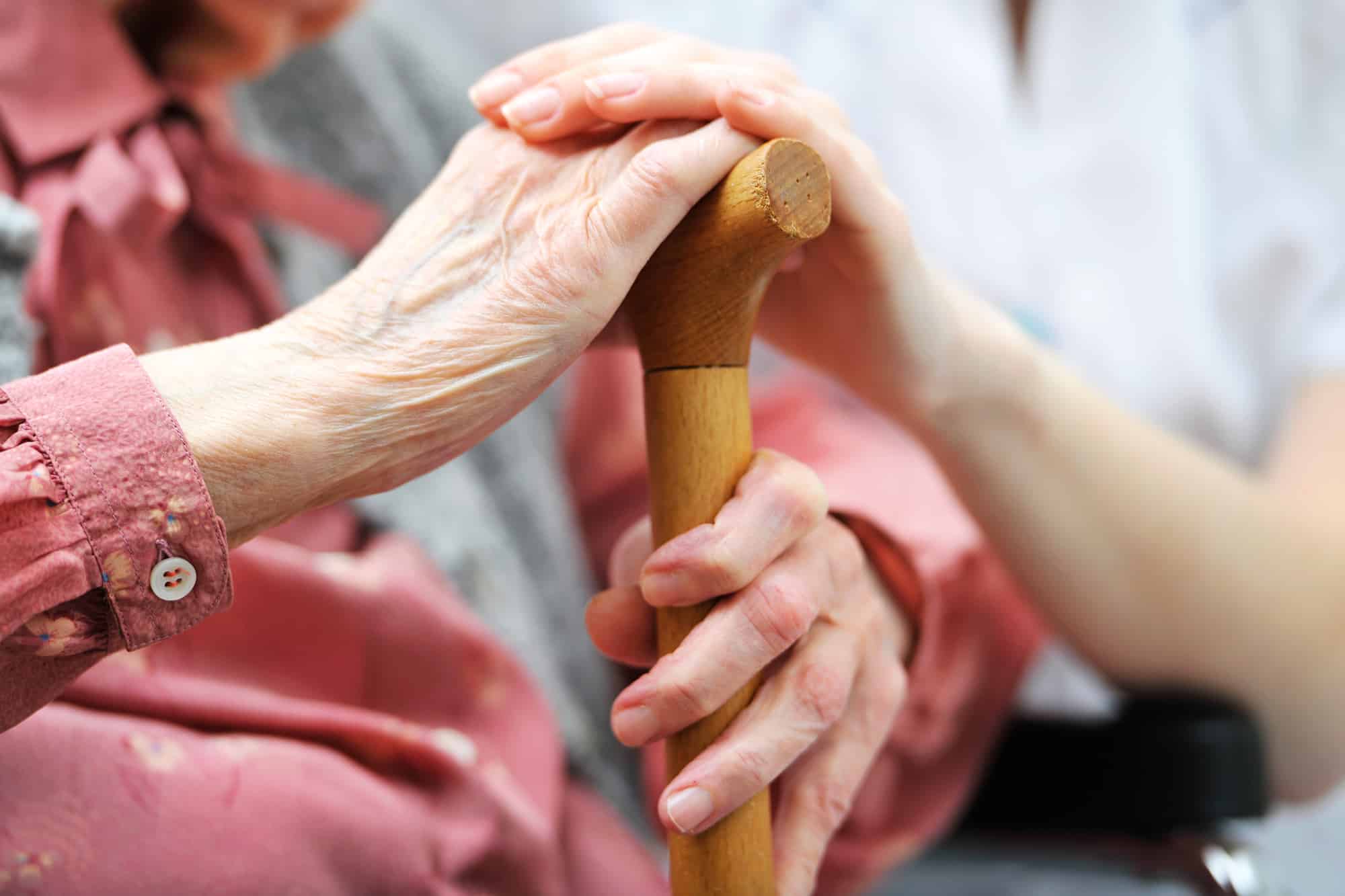Secret Considerations for Families When Picking Appropriate Senior Care Solutions for Their Aging Loved Ones
Choosing proper senior care solutions for maturing relatives is a nuanced procedure that requires careful consideration of numerous factors. The evaluation of available care optionsâEUR" varying from in-home aid to specialized facilitiesâEUR" has to be stabilized with an understanding of monetary effects and safety and security problems.
Assessing Individual Needs

Additionally, emotional and social demands play a substantial duty in the health of senior citizens. An analysis should consider the individual's wish for social engagement, leisure activities, and support group. Family characteristics and the accessibility of casual caregivers should also be factored into the equation, as they can affect the sort of treatment that is most appropriate.
Evaluating Treatment Options

At home care supplies the advantage of familiar surroundings and tailored interest, which can enhance convenience and psychological well-being. Conversely, aided living facilities supply an organized atmosphere with accessibility to on-site treatment and social tasks, fostering community engagement. Assisted living facility satisfy those needing extensive clinical supervision, while adult daycare programs enable seniors to involve in social activities throughout the day, supplying break for family caregivers.
It is crucial to assess the team credentials, center licensing, and available services in each choice. Additionally, households must look for feedback from present residents or customers and assess the overall track record of the care companies. Inevitably, picking the ideal care option is a crucial choice that must mirror a balance in between the elderly's needs, safety, and top quality of life.
Comprehending Expenses and Budget Plan
Navigating the economic landscape of elderly treatment can be complex, as various options featured varying expenses that can dramatically affect a family members's spending plan. Understanding these costs is essential for households to make educated choices regarding take care of their aging loved ones.
Usual senior treatment services consist of at home treatment, helped living centers, and retirement home, each with its own prices structure. In-home care usually charges by the hour, while aided living commonly entails regular monthly rent plus additional service charge. Nursing homes usually have greater charges because of the substantial healthcare offered. It is important to consider not just the base costs but also any kind of covert charges that may occur.
Moreover, family members should assess their funds, consisting of insurance policy coverage, entitlement program programs, and personal savings. Long-term care insurance coverage might cover particular solutions, which can minimize some financial worries. Producing an in-depth budget plan that details expected expenditures can assist households determine one of the most appropriate treatment solution while ensuring they continue to be within their monetary means. By comprehensively comprehending the costs related to each choice, family members can much better navigate this essential element of senior treatment planning.
Ensuring Safety and Security
Making sure the security and protection of senior citizens is paramount in any treatment setting, as their vulnerability commonly calls for heightened attention and protective measures. Families ought to evaluate the physical setting of potential treatment centers, trying to find features such as protected entrances, well-lit corridors, and obtainable fire escape. In addition, the visibility of security equipment, such as grab bars and non-slip floor covering, can dramatically decrease the risk of accidents.
Team training is one more essential aspect; caretakers should be fluent in emergency situation treatments, first aid, and the certain requirements of elderly people. Background checks on personnel also guarantee that homeowners are cared for by reliable individuals - home health care orlando florida. Furthermore, modern technology can play a crucial duty in improving safety. Keeping track of systems, individual click here for more emergency situation feedback systems (PERS), and fall detection tools offer tranquility of mind for households and instant aid for seniors.
Last but not least, open interaction networks in between households and care providers are important. Regular updates relating to the wellness of elders, along with a clear strategy to care plans, can cultivate trust and guarantee that safety stays a central focus in the care given. By prioritizing these aspects, households can make educated choices that protect their aging loved ones.
Involving Household in Decision-Making

Households must start by honestly connecting regarding the various care solutions readily available, such as at home care, aided living, or nursing centers. It is vital to assess the certain requirements of the aging family member, including medical requirements, wheelchair, and social involvement. By entailing all relevant relative, different point of views and understandings can be collected, bring about more informed choices.
Additionally, family involvement aids in determining possible caretakers and establishing an assistance network. Regular family conferences can assist in recurring conversations and adjustments as needs alter, allowing family members to stay receptive to the progressing conditions of their loved one. Eventually, a collective More Info decision-making procedure urges a feeling of common obligation and ensures that the selected treatment service straightens with the family members's vision for their aging family member's well-being and dignity.
Conclusion
In conclusion, selecting suitable elderly care options requires a complete assessment of specific demands, available treatment alternatives, and associated expenses. Prioritizing safety and security within the living atmosphere and cultivating family members participation in decision-making procedures better enhances the efficiency of treatment. By straightening care choices with the aging relative's case history, emotional requirements, and personal choices, households can produce a supportive network that advertises health and sensible living for their loved ones in their later years.